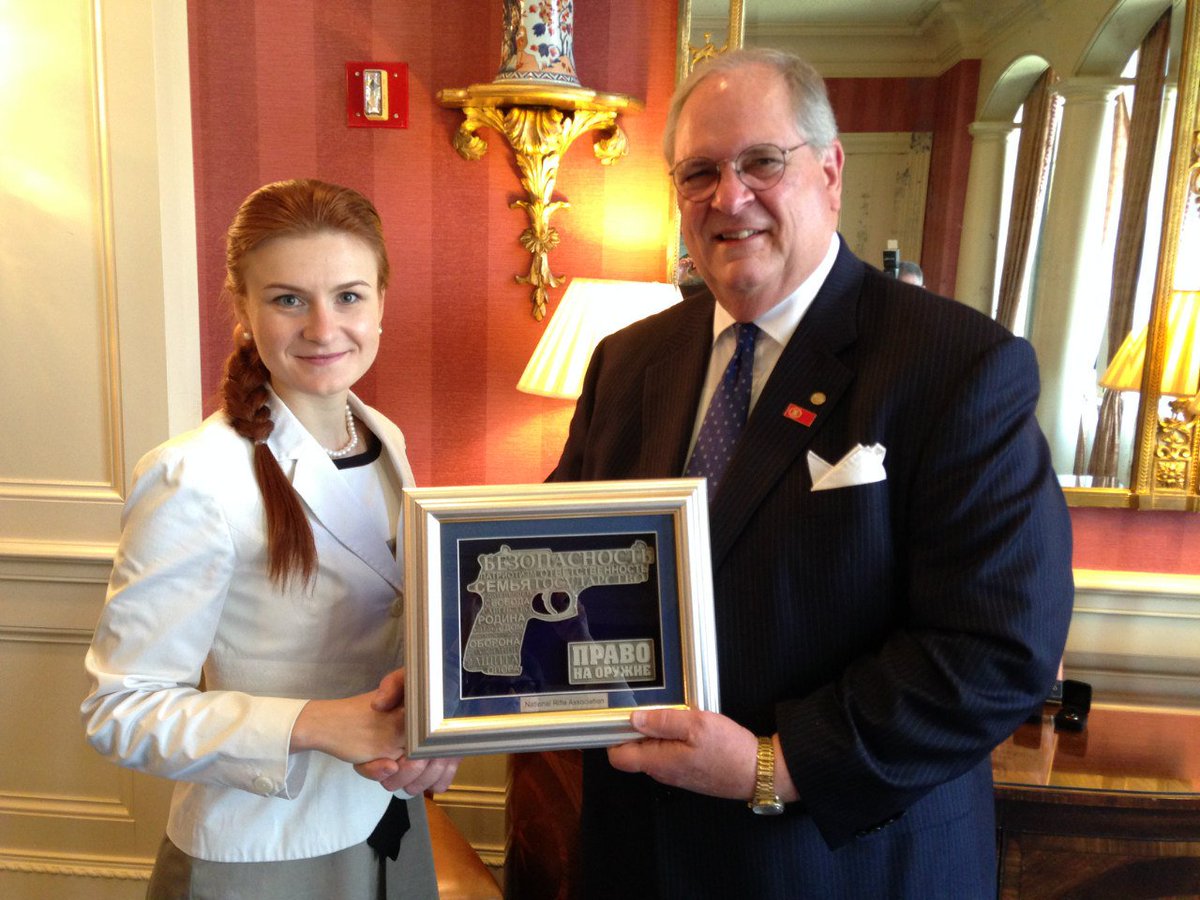(Source: huffp.st/VqwmTV3 & huffp.st/R2Dxooo)
At the center of Pruitt’s ballooning ethics crisis is his $50-a-night sweetheart deal to rent a room in a luxury Capitol Hill townhouse linked to a fossil fuel industry lobbying firm, Williams & Jensen.
In 2011, Pruitt and his wife, Margaret, bought a property in Tulsa, Oklahoma, days before a court ruled that it had been fraudulently transferred by a Las Vegas developer who was on the hook for a $3.6 million loan default.
Pruitt used a loophole in the Safe Drinking Water Act to give two of his longtime aides raises of $56,765 and $28,130 after the White House rejected his request for the salary increases.
Pruitt routinely spent between $1,400 and $4,000 on flights to Boston, New York and Corpus Christi, Texas. He regularly stayed in luxury hotels. His international travel expenses soared into the six figures.
The EPA shelled out between $2,000 and $2,600 for Pruitt’s first-class flights to his home state of Oklahoma, where he spent 43 out of 92 days last spring. The trips cost a total of more than $12,000 in airfare.
The EPA denied that Pruitt met with officials from Cheniere Energy Inc., a gas firm that paid Williams & Jensen $80,000 for lobbying, or the lobbying firm itself.
The EPA considered spending roughly $100,000 a month to lease Pruitt a private jet, according to The Washington Post.
The EPA chief’s expansive security detail comes at a cost of close to $3 million, including pay and travel expenses, an unnamed EPA official told The Associated Press.
He signed off on a $120,000 no-bid contract with a firm who boasts being “a master of opposition research” and senior vice president took part in a campaign to shape negative opinions about Elizabeth Warren.
He installed a soundproof phone booth in his office. Pruitt defended the expense, in a congressional hearing, where he said, “It’s necessary for me to be able to do my job.”
Pruitt asked his security team to use his vehicle’s emergency lights and sirens to speed through traffic in Washington to get to an official appointment.
Pruitt reassigned, demoted or forced out five agency officials who challenged his “unusually large spending on office furniture and first-class travel,” The New York Times reported.
The EPA ethics office in August gave John Konkus, a top Pruitt aide, approval to work as a media consultant outside the agency. After E&E News broke the story, the EPA refused to disclose the identities of Konkus’ clients.
Politico reported that he was eyeing the job of U.S. attorney general. A profile in The New York Times quoted sources saying Pruitt had been plotting to make a bid for president as early as 2024.
Pruitt allowed an Oklahoma City-based gas giant to write a complaint to the EPA under his letterhead as the state attorney general in 2011.
Pruitt spent more time meeting with oil, gas and coal industry officials than with environmental and public health advocates during his first few weeks in office, according to calendars reviewed by HuffPost.
The EPA has refused to release Pruitt’s calendars for months. During Pruitt’s first year in office, plaintiffs filed 55 public records lawsuits against the EPA, making it the busiest year for litigation since 1992.
Of the 14 times Pruitt sued the EPA as Oklahoma attorney general, four lawsuits aimed to block the Clean Power Plan. Despite this, Pruitt refused to recuse himself from the EPA’s effort to repeal the rule once he took office.
Pruitt proposed hosting a televised debate on climate science, pitting a “red team” against a “blue team,” and running a military-style exercise to offer the American people an “objective” perspective on global warming.
The group receives funding from conservative donors, including Robert and Rebekah Mercer, the billionaires who bankrolled Trump’s presidential campaign.
Pruitt announced plans to bar scientists who receive EPA research funding from serving on the agency’s advisory boards, a move widely seen as an attempt to give industry-paid researchers more control.
From 2002 to 2016, Pruitt, then Oklahoma attorney general, received more than $300,000 in donations from the oil, gas and coal industries. Even more went to a political action committee and a super PAC.
Internal emails showed Pruitt had ordered an aide to set up a call with the chairman of Chick-fil-A to discuss the administrator’s wife, Marlyn Pruitt, becoming a franchisee of the growing fast-food chain.
A former aide told congressional investigators that she was asked to help her boss’s wife find a job with a six-figure salary.
Pruitt instructed a longtime aide to try to buy “an old mattress” from the Trump International Hotel in Washington. Hupp told investigators that she wasn’t sure why Pruitt wanted the mattress and that, to her knowledge, it wasn’t for EPA business.
Pruitt sat courtside at a University of Kentucky basketball game in December as the guest of Joseph W. Craft III, a billionaire coal executive who aggressively lobbied to reverse Obama-era environmental rules.
Pruitt paid $3,230 in taxpayer money for personalized journals and pens, priced at $130 each, from the luxury Washington jewelry store Tiny Jewel Box.
Pruitt named Steven D. Cook as the new head of the EPA’s Superfund Task Force. The plastics and refining conglomerate where Cook spent more than 20 years as the in-house counsel is linked to at least three dozen Superfund pollution sites.
The EPA’s own science advisers rebuked Pruitt’s decision to gut Obama-era rules requiring automakers to reduce tailpipe emissions, arguing the agency ignored its own research in concluding that the regulations were too stringent.
The acting EPA administrator and Pruitt’s potential successor is a coal lobbyist — Andrew Wheeler. Wheeler is a climate change denier and is considered an actor with the skills to execute the same deregulatory agenda.











